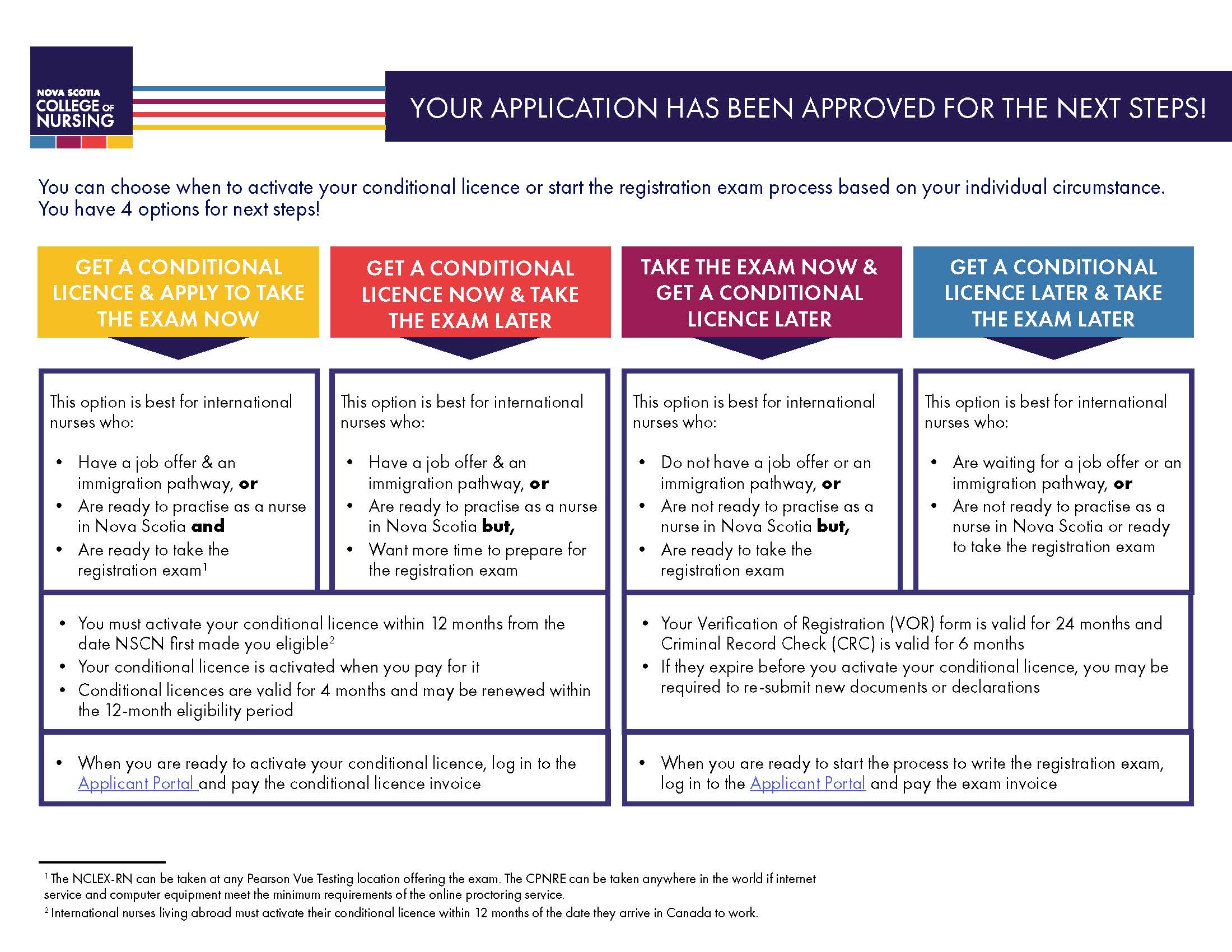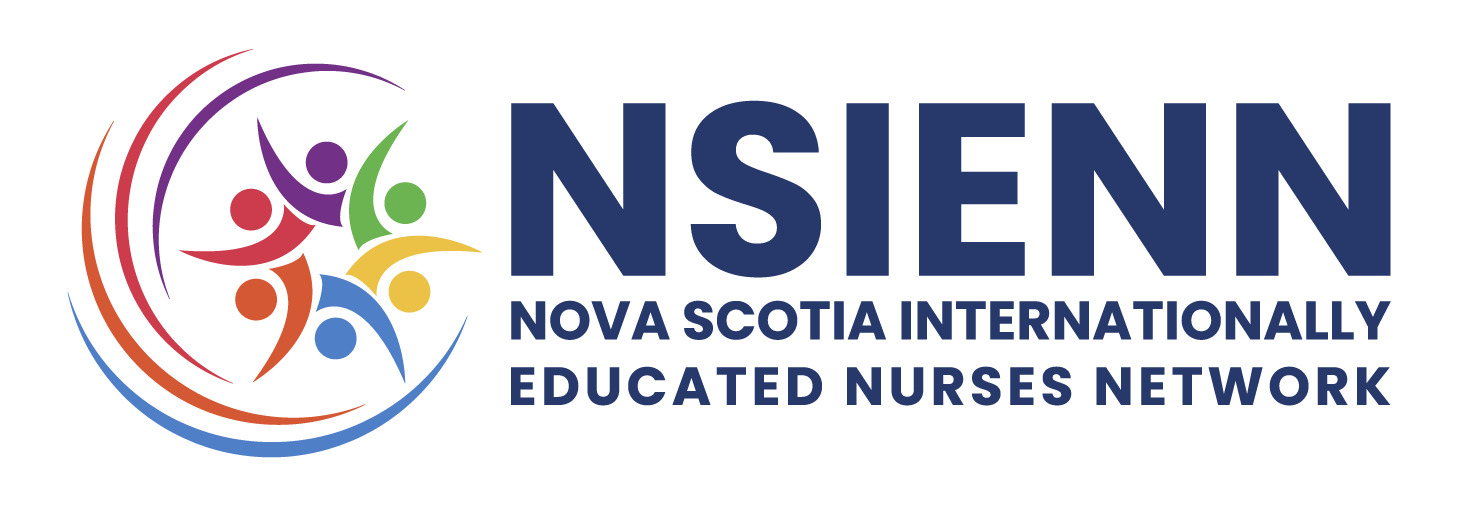IEN Registration and Licensure Pathways
Nova Scotia offers you many opportunities for an exciting nursing career. First, you must become licensed to practice as a licensed practical nurse (LPN) or a registered nurse (RN) in the province. When you have your license, you can find employment in various settings.
Nursing Regulation in Nova Scotia
The Nova Scotia College of Nursing is the regulatory body for nurses in the province. The NSCN is responsible for issuing licenses and monitoring those who hold a license.
As reported in the NSCN Annual Report 2022, there were over 16,000 nurses in Nova Scotia, including nurse practitioners (NPs).
NPs are advanced practice nurses with a graduate-level education in nursing. As an IEN, you must first obtain an RN registration and licensure before you can be licensed as an NP in the province.
What is the difference between a licensed practical nurse (LPN) and a registered nurse (RN)?
LPNs and RNs are self-regulated nursing professions in Canada. There are similarities in their practice environments, but there are also significant differences in their educational training and scopes of practice.
LPN Education
LPNs complete a two-year diploma program at a college level before they are eligible to write the Canadian Practical Nurse Registration Exam and qualify for their nursing licensure.
LPN Practice
LPNs have core nursing knowledge to care independently for clients with an established plan of care. An integral part of the health care team, LPNs are accountable for providing safe, competent, ethical, and compassionate care to individuals, families, and communities.
RN Education
RNs complete a four-year baccalaureate program at the university level before they are eligible to write the NCLEX-RN Exam and qualify for licensure.
RN Practice
- RNs work independently and collaboratively with others.
- RNs consistently practise safely, compassionately, competently and ethically in diverse practice settings. They work with various clients at different levels throughout the continuum of health and illness.
- RNs contribute to the healthcare system through direct practice, education, administration, research, regulation and policy.
Nursing registration requirements
There are two registration pathways for IENs in Nova Scotia.
The expedited pathway
This pathway is for IENs who are registered and hold a current licence that entitles them to practice as an RN in the Philippines, India, Nigeria, Australia, US, UK or New Zealand.
The non-expedited pathway
This pathway is for IENs who do not hold a current licence to practice as an RN in Canada or the seven designated countries.
NSCN Application Process for IENs in the Expedited Pathway
NNAS Application Process for IENs in the Non-Expedited Pathway
English Language Proficiency
What’s next after applying to the NSCN?
Nursing education differs worldwide in its requirements, content, and delivery. Your nursing program may not have included all of the content taught in the Nova Scotia program.
When the NSCN assesses your nursing program, the College may find that you have some missing education or “educational gaps”. If you did not fill these educational gaps through continuing education or nursing experience, the NSCN may ask you to complete a competence assessment and/or a bridging/re-entry program.
Competence Assessment for LPN and RN Registration
Nursing RN Bridging/Re-Entry Programs
Nursing Registration Exam
NSCN Jurisprudence Exam
Currency of Practice Requirement
Conditional License


